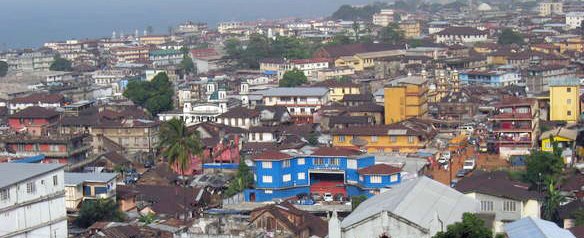
After an open call inviting African open data innovators to apply for a £6,000 grant and support from the ODI and the Open Data for Development Network, the shortlist is announced
As part of the Africa Open Data Network, an initiative of the Open Data for Development Network, the ODI issued an open call inviting open data innovators in Africa to apply for the second iteration of our mini-grant programme. This programme offers three grants of up to £6,000 each for innovators in the private sector, academia or civil society to create an open data project in Africa.
After receiving 78 applications, we are delighted to announce the six shortlisted projects. The ODI will be interviewing project teams and selecting the final three at the beginning of August.
The selected projects will receive:
- Up to £6,000 for each team to deliver an open data project in an African country
- Introduction to ODI leaders and sector-based experts in the Africa Open Data Network for advice and feedback
- A platform for projects to tell their stories and an opportunity to promote their work Winning projects will solve practical problems and build partnerships, including with government, that put open data into action for social, economic or environmental benefits.
The mini-grant programme is supported by the Open Data for Development (OD4D) programme, a partnership funded by Canada’s International Development Research Centre (IDRC), the World Bank, United Kingdom’s Department for International Development (DFID), and Global Affairs Canada (GAC).
Africa Open Data Resilient Cities, Sierra Leone and USA
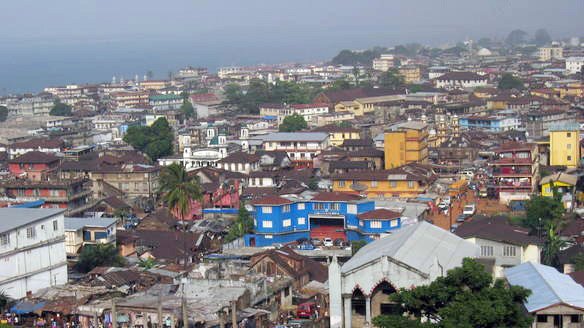
The African Open Data Resilient Cities project aims to create a resiliency toolkit for cities, helping those who manage urban environments collect data produced by sensors, satellite imagery and citizen-generated data. Resilient cities are those that can withstand, adapt and grow, irrespective of the stresses and shocks they encounter.
The project will use the extensive experience of project managers in Los Angeles, US and Freetown, Sierra Leone to partner with two African cities and conduct draft pilots in resiliency data collection. The team will then hold a forum with key stakeholders to validate the concepts and data, before publishing an open-source toolkit that can be adopted by other cities.
This project has the potential for significant impact, helping both citizens and government officials in African cities understand how to collect data around their city’s resilience. This will help cities better predict and prepare for potential disasters, climate change and famine.
Anti-Delestron, Burkina Faso
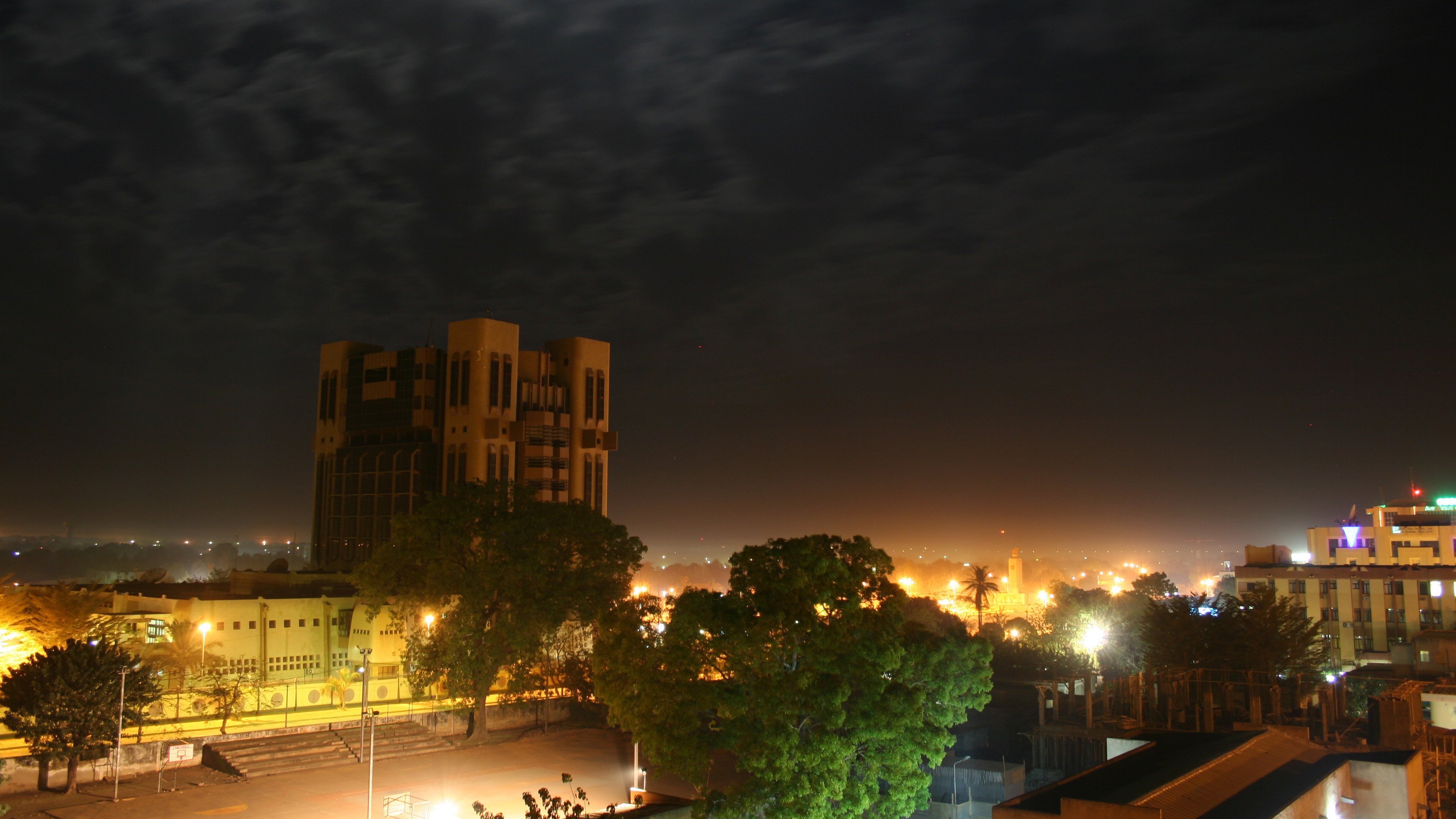
The Anti-Delestron project in Burkina Faso aims to help citizens navigate the inconsistent supply of electricity in the country’s capital Ouagadougou.
In order to deal with an insufficient electricity supply for the city, electric companies regularly carry out ‘load shedding’, interrupting the supply of electricity to avoid overloading generators. However, information about when and where loadshedding will take place is held by the electricity companies and inaccessible to citizens; as a result, the city’s residents find it hard to predict when they will be able to access electricity.
The project will create a website which maps load shedding in the city, informed by the electric companies' scheduled programmes and sensors collecting real-time data as cuts take place. The website will also advise citizens on how to avoid an approaching load shed by reducing their consumption. As a result of this approach, the project aims to help citizens predict, plan and avoid loadshedding where possible, as well as improving the accountability of electricity providers to the city’s community.
‘Namba za dhahabu’ (The Golden Data), Tanzania
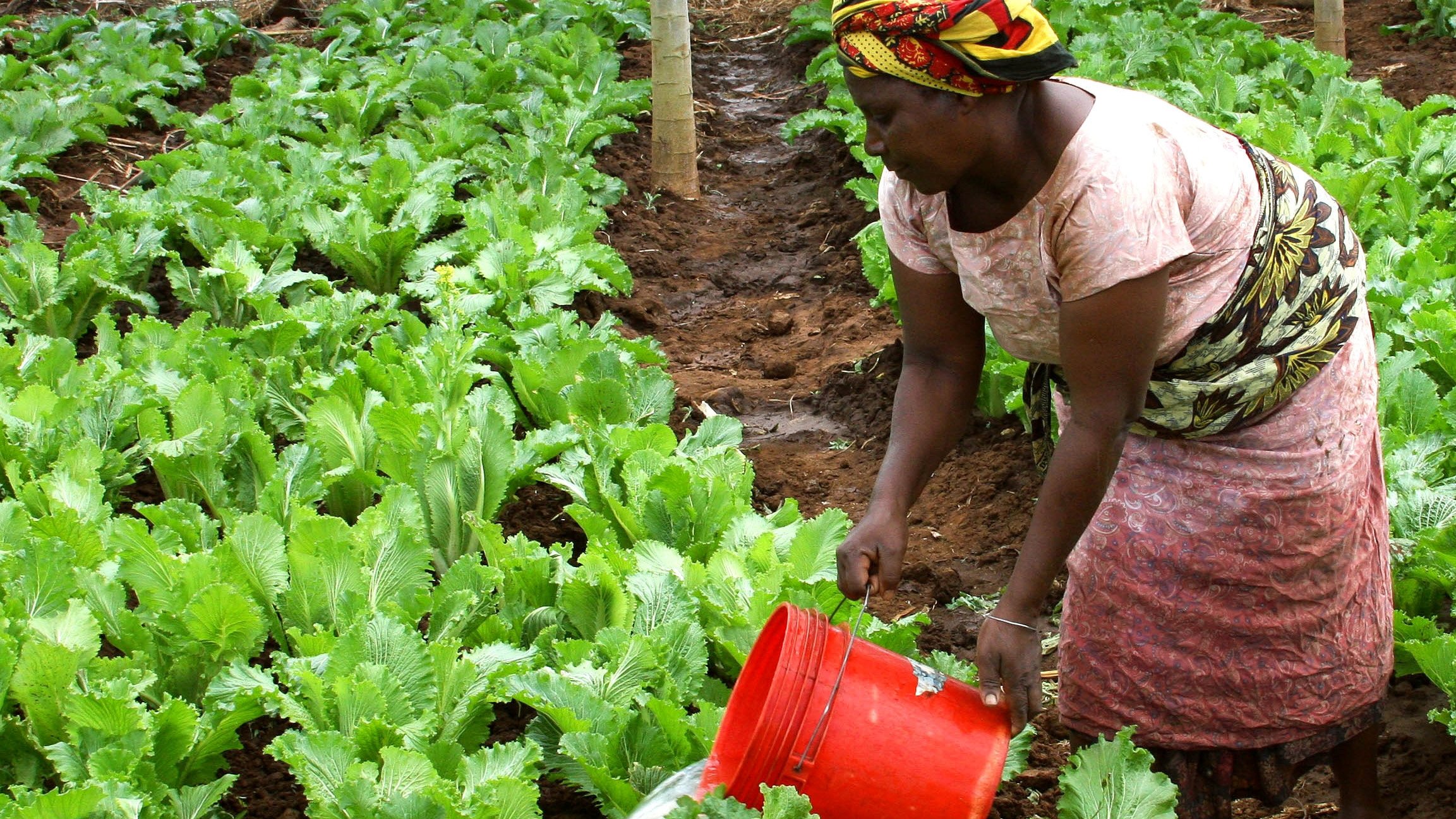
The ‘Namba za dhahabu’ project, meaning ‘the golden data’ in Swahili, aims to develop a digital engagement platform for agriculture in Tanzania.
Currently, although Tanzania has several open data portals, there is no clear place for citizens to access agricultural data. Even where it is accessible, many agricultural datasets are only available in PDF and are therefore not machine readable. Through working with the National Bureau of Statistics and the Ministry of Agriculture, Livestock and Fisheries, Namba za dhahabu will release agricultural data to the public through the platform. The project will also include an open data dashboard for visualisation and a section that shares stories of the impact that agricultural open data is having in Tanzania.
The team hopes making this data open will help show farmers, businesses and government the importance of data for decision-making, as well as encouraging conversation around opportunities and challenges facing agriculture in Tanzania.
Durban Answers, South Africa
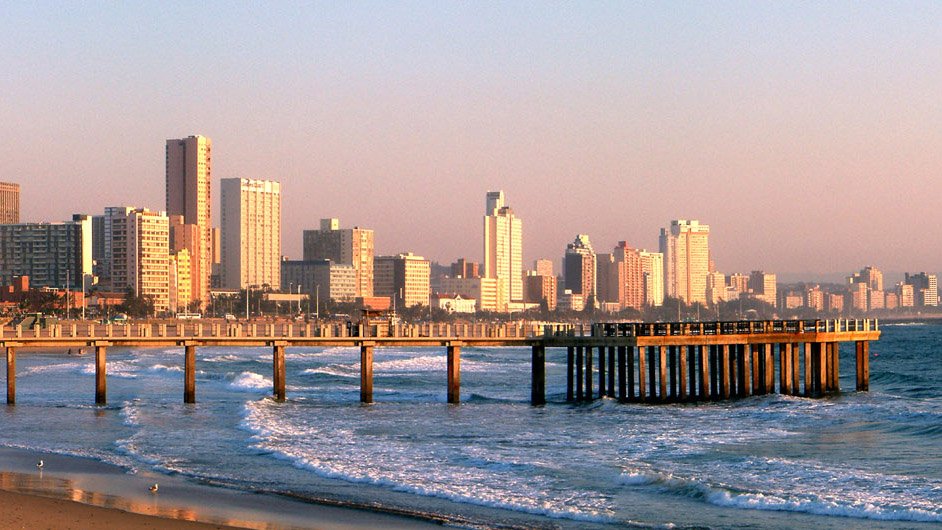
Durban Answers is a platform built by Open Data Durban (ODD) that helps citizens access information about how to live, work and play in the South African city of Durban. Users enter questions or keywords about the city, with the platform returning responses and step-by-step guides that help them in navigating these problems. In the first phase of the project, ODD crowdsourced over 200 sample questions through the #AskDurban campaign and held a write-a-thon for volunteer researchers to address these responses on the platform.
In the next phase of the prototype, the team aim to curate and build the platform through engaging civil society, local governments and citizens. As well as holding another #AskDurban campaign and subsequent write-a-thon, the team will set up a ‘brain trust’ of experts on Durban and its challenges to help curate and review content. ODD will also continue its formal partnership with the City of Durban to deepen their involvement with the platform.
Through this project, Durban Answers hopes to transform how citizens across cultures interact with the city, aiding them in making more informed decisions and helping city officials respond to citizen needs. This will lead to a better functioning and more resilient city, and providing a model which can be scaled to other cities in the future.
Urban Waste Open Mapping in Akure, Nigeria
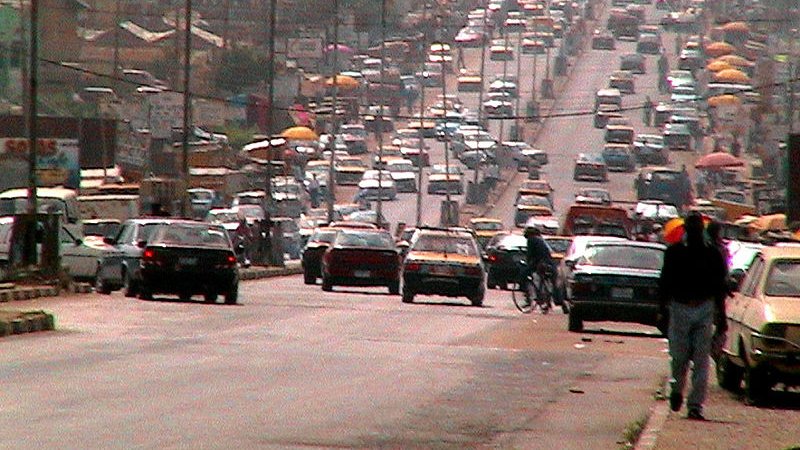
The Urban Waste Open Mapping Project aims to address the issue of urban waste in the city of Akure in Nigeria. Currently, large amounts of unregulated rubbish are not properly cleared and left around the city, causing environmental and health problems for the city’s residents.
The project aims to use remote sensors and geographic information systems to map the location, amount and type of refuse in the city. This will help local authorities plan and organise the clearing of this rubbish, as well as tracking the use of these sites in future. The team also hopes that visualising this information will help alert citizens to the problem of urban waste, promoting a collective response to this key issue in the context of a growing city population.
TransGov: Community Issues Reporting, Ghana
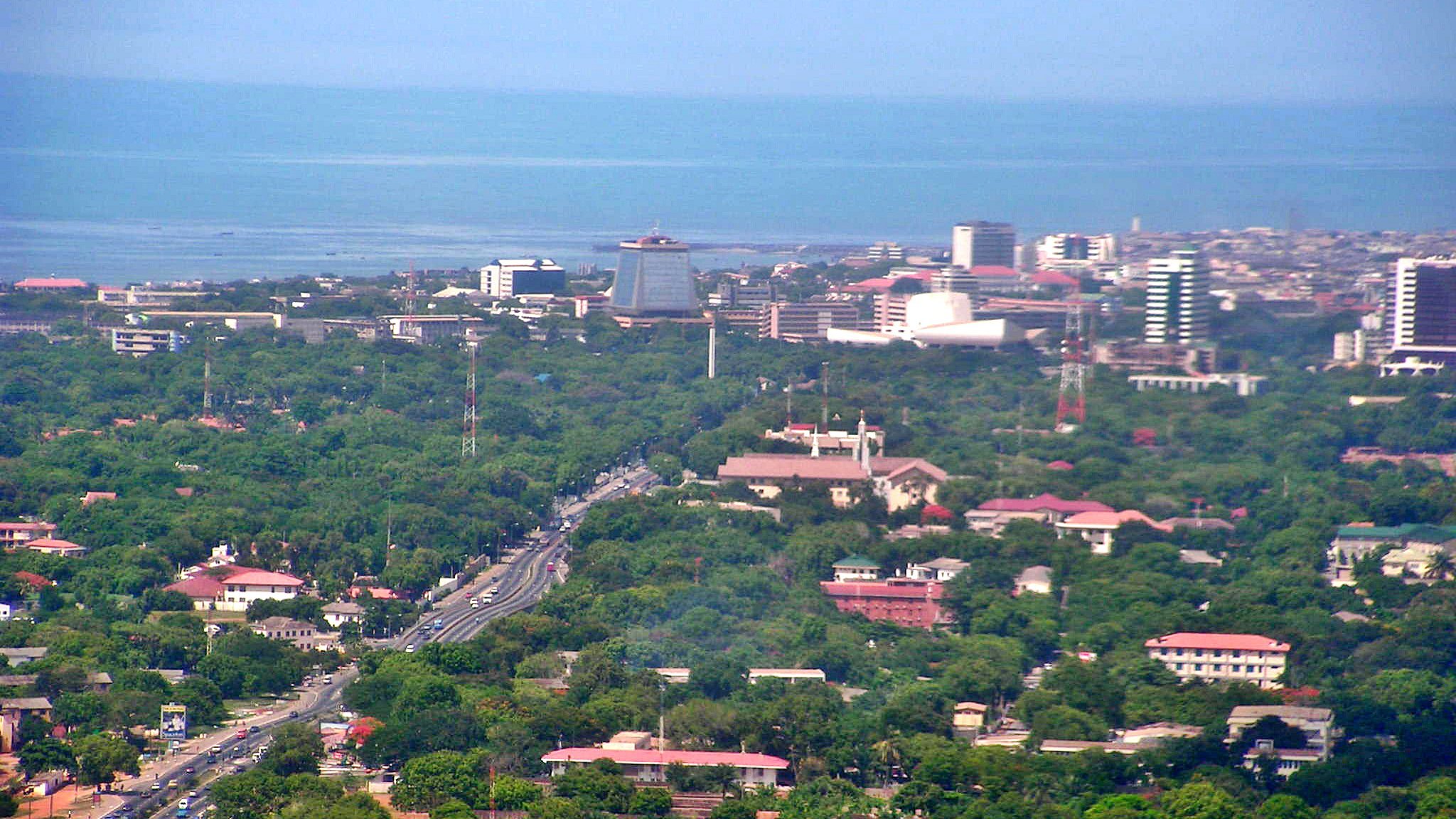
TransGov: Community Issues Reporting in Ghana plans to help residents within the Greater Metropolitan area of Accra report and fix problems in their local community. Currently, citizens do not have a way of reporting development and infrastructure issues affecting them to the correct authority, meaning potholes and leaking pipes can go unreported and unfixed for months.
The project plans to address this issue through the TransGov platform, where citizens can report and track progress of their issue with the relevant public agency. The platform will crowdsource information on issues through a web, mobile and SMS application and provide this as open data. This application will enable citizens to use their phone to report issues, including the option to geotag their location. During this phase, the project will focus on building the web and mobile application and gathering information from citizens about physical infrastructure problems such as roads and buildings, as well as engaging the relevant public agencies.
Through crowdsourcing and providing this data to utility agencies, the project aims to increase the use of data in their decision-making and improve the service delivery for citizens in Accra.
Keep an eye out on our website and @ODIHQ on Twitter for news on the winning projects and their progress in the upcoming months.